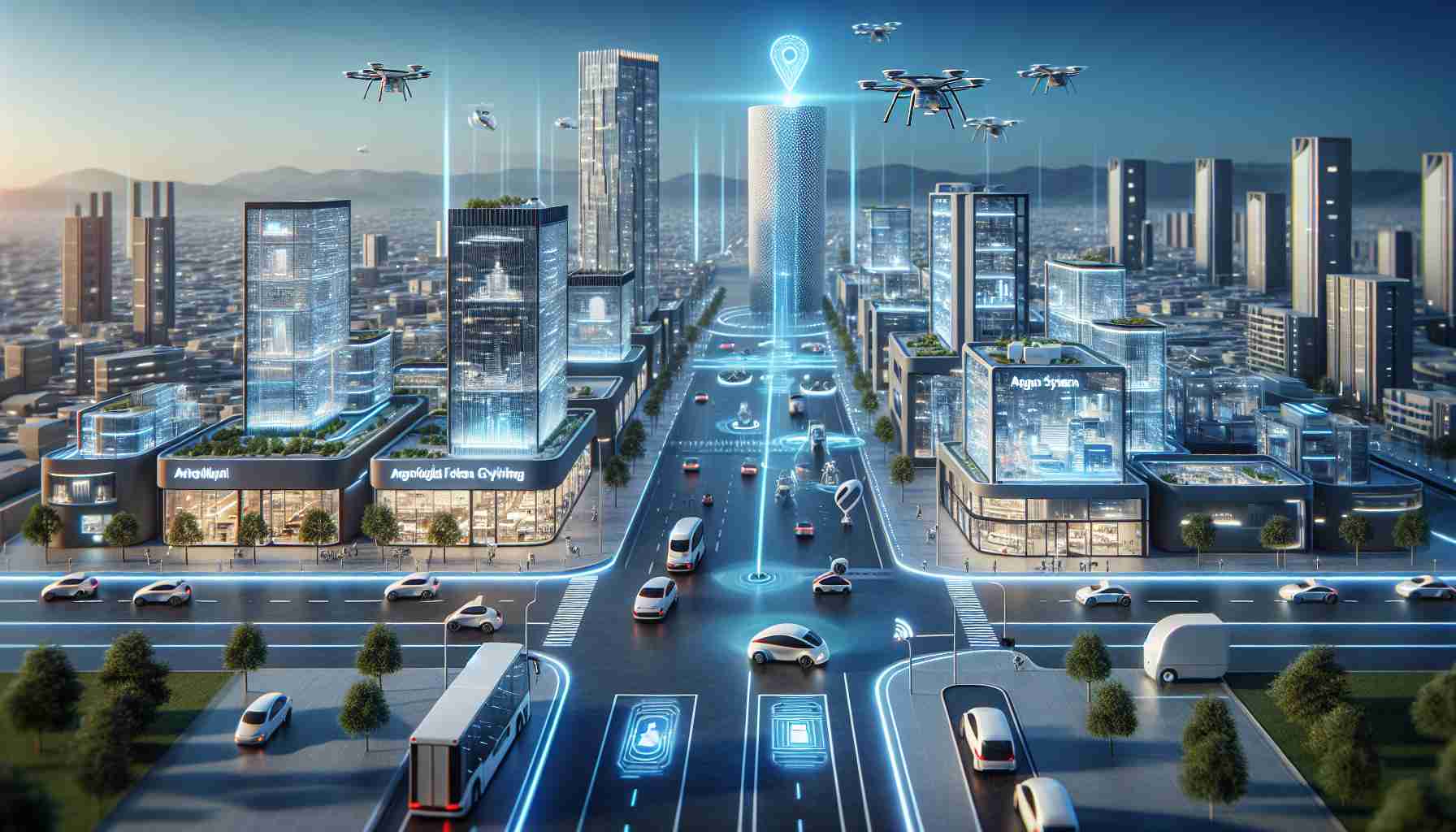- Google aims to develop commercial quantum computing applications within five years.
- Led by Hartmut Neven, Google Quantum AI seeks to provide real-world solutions using quantum technology.
- Potential applications include advancements in electric vehicle batteries, drug discovery, materials science, and energy alternatives.
- Google’s vision contrasts sharply with Nvidia’s estimate of a 20-year wait for practical applications.
- Quantum computers utilize qubits to process data much faster than traditional computers.
- The implications of quantum computing could significantly impact cybersecurity and finance sectors.
- Recent advancements in quantum simulation suggest that Google’s five-year timeline might be feasible.
- Quantum computing holds the potential to revolutionize how we solve contemporary challenges.
In a game-changing announcement, Google has set its sights on bringing commercial quantum computing applications to life within a short span of five years. Leading the charge is Hartmut Neven, the mastermind behind Google Quantum AI, who expressed his optimism about unlocking real-world solutions powered by quantum technology.
Imagine a future where the next-generation batteries destined for electric cars are engineered with unparalleled efficiency, or new drugs are discovered at lightning speed. Google envisions quantum computers tackling these challenges, revolutionizing fields like materials science, healthcare, and energy alternatives. This bold forecast stands in stark contrast to Nvidia’s predictions of a 20-year waiting period for practical applications, which has sparked debates within the tech community.
Why the disparity? Quantum computers harness the power of qubits, enabling them to process vast amounts of data simultaneously—thousands of times faster than conventional computers. As the world eagerly anticipates the transformative effects of this technology, major players, including governments and industries, are keenly aware of its potential to disrupt cybersecurity and finance.
While Nvidia’s CEO cautioned that practical uses might still be two decades away, Google’s recent strides in quantum simulation—recently highlighted in a paper published in the journal Nature—signal a significant push toward making Neven’s five-year vision a reality.
The takeaway? Google is betting big on quantum technology’s imminent arrival, promising a future where challenges we face today could be solved faster and more efficiently than ever before. Keep an eye on this thrilling frontier—quantum computing just might be knocking on our doors sooner than we think!
Is Quantum Computing the Future? Google Thinks So!
In a groundbreaking announcement, Google has set an ambitious target to bring commercial quantum computing applications to fruition within the next five years. Hartmut Neven, head of Google Quantum AI, is leading this initiative, eagerly forecasting a future where quantum technology provides real-world solutions across various industries.
Key Innovations and Trends
1. Next-Generation Materials: Google aims to use quantum computing to develop highly efficient batteries for electric vehicles, potentially leading to longer ranges and shorter charging times.
2. Accelerated Drug Discovery: The ability of quantum computers to simulate molecular interactions promises to drastically reduce the time required to develop new pharmaceuticals.
3. Energy Alternatives: Quantum computing could foster breakthroughs in renewable energy technologies, making them more viable and efficient.
4. Revolutionizing Industries: Fields such as materials science, healthcare, and financial industries stand to gain significantly from the enhanced problem-solving capabilities of quantum technology.
Pros and Cons of Quantum Computing
Pros:
– Speed and Efficiency: Quantum computers utilize qubits, enabling them to handle complex computations thousands of times faster than traditional computers.
– Enhanced Problem Solving: They can tackle previously insurmountable challenges, providing insights that classical algorithms cannot.
– Material Simulation: Advances in this area could lead to revolutionary developments across various sectors.
Cons:
– Complexity and Cost: Developing and maintaining quantum hardware requires extensive resources and expertise.
– Security Risks: The rise of quantum computing poses potential threats to current encryption standards, necessitating new security approaches.
– Technological Hurdles: Significant challenges remain in qubit stability and error-correction before practical applications can become mainstream.
Important Questions
1. What makes quantum computing different from classical computing?
Quantum computing uses qubits that can represent multiple states simultaneously, unlike classical bits, which are either 0 or 1. This allows quantum computers to perform complex calculations much more efficiently, particularly in problems involving large datasets.
2. When can we expect quantum computing to be widely available for commercial use?
While Google aims for a five-year timeline for some applications, experts suggest that full-scale commercial viability may still require advancements in technology and infrastructure.
3. How will quantum computing impact current industries?
Quantum computing has the potential to disrupt various sectors, including healthcare with rapid drug development, finance through optimized trading algorithms, and cybersecurity by breaking traditional encryption methods. As such, businesses must be prepared to adapt to these changes.
Market Forecast and Insights
The race in quantum computing is intensifying, with various companies and governments investing heavily in research and development. The market for quantum computing is projected to expand significantly over the next decade, with estimates suggesting it could reach several billion dollars as applications open up across industries.
Suggested Related Links
For more insights into the future of quantum computing, visit: Google
















